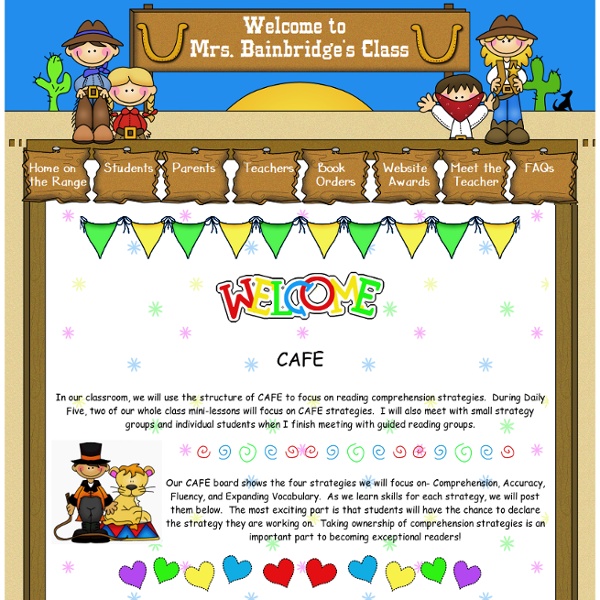We Read, We Blog, We Teach
Reader's Workshop
This website is designed and maintained by Karen A. McDavid © 2004. Ideas, content, activities, and documents for this website are copyrighted by Karen A. McDavid and should not be copied or downloaded without permission. All graphics seen throughout this website should not be removed, copied, or downloaded. You may download the banner below with a link back to this site. Graphics by
Adrienne Gear Reading Power Recommended Book Lists
Adrienne Gear's recommended book lists: Fiction Reading Power - Tried & True Connect (Primary, Intermediate), Question (Primary K-3, Intermediate Gr. 4-7), Visualize (Primary, Intermediate), Infer (Primary, Intermediate Gr. 4-7), Transform (Primary, Intermediate Gr. 4-7) Fiction Reading Power - What's New? (Spring 2010) Connect (Primary, Intermediate Gr. 4-7), Question (Primary, Intermediate), Visualize (Primary, Intermediate), Infer (Primary, Intermediate), Transform (Primary, Intermediate) Nonfiction Reading Power - Tried & True Recommended books for read alouds, Zoom In, Determining Importance, Question, Connect, Infer and Transform Nonfiction Reading Power - What's New? Nonfiction Reading Power Anchor Books Adrienne's Hot Picks for Novel Studies and Lit. Novel List - What's New? Books for Spring (Spring 2011) Primary K-3, Intermediate Gr. 4-8 Books for Fall (Fall 2010) Primary K-3, Intermediate Gr. 4-8 Writing Power Top Pick Anchor Books 2011 Primary K-3, Intermediate Gr. 4-8
Dr. Seuss’s Sound Words: Playing with Phonics and Spelling
ReadWriteThink couldn't publish all of this great content without literacy experts to write and review for us. If you've got lessons plans, activities, or other ideas you'd like to contribute, we'd love to hear from you. More Find the latest in professional publications, learn new techniques and strategies, and find out how you can connect with other literacy professionals. More Teacher Resources by Grade Your students can save their work with Student Interactives. More Home › Classroom Resources › Lesson Plans Lesson Plan Overview Featured Resources From Theory to Practice Boom! back to top Sound Observation Chart: Students can use this chart to spell out sounds they hear on a Website and record related information. Spelling Observation Checklist: Use this checklist to assess the strategies students use as they write out the sound words they hear. Playing with the meaning and spelling of sounds comes easily to children. Further Reading Laminack, Lester L., and Katie Wood. 1996.
Comprehension Strategies - Making connections, questioning, inferring, determining importance, and more
from Strategies That Work, Mosaic of Thought, and Reading with Meaning, this page gives you information on the six comprehension strategies known as making connections, questioning, visualizing, inferring, determining importance, and synthesizing.
The Cat in the Hat - Read & Learn - Dr. Seuss on the App Store
Embarrassed to Read by Donalyn Miller
A recent National Literacy Trust report found that 17% of children surveyed would be embarrassed if their friends saw them reading. According to a dictionary, “Embarrassment is an emotional state of intense discomfort with oneself, experienced upon having a socially unacceptable act or condition witnessed by or revealed to others.” Embarrassment is tied to our need for social acceptance. If you have ever chased a naked toddler, you know that children aren’t born with an understanding of socially acceptable behaviors and must learn them from people who understand society’s rules. So, where do children learn that reading is embarrassing? Children receive the message that reading a lot isn’t cool from adults. In modern society, children’s future success depends on their acquisition of literacy skills. I fight this perception that reading is nerdy with my students every year. As adults, those of us who love books and reading often gravitate toward other readers. Like this: Like Loading...
Interactive Learning Sites for Education - Home



